Every January 20, Americans honor the life and legacy of Martin Luther King Jr., a pivotal leader in the fight for civil rights. Renowned for his steadfast commitment to nonviolence and equality, King profoundly shaped the course of American history. His work not only challenged systemic injustice but also inspired a nation to strive toward greater inclusion and justice. As we approach MLK Day, it is an opportunity to reflect on his remarkable contributions and the lasting impact of his vision for a more equitable society.
This article examines the extraordinary achievements of one of history’s most influential civil rights leaders, highlighting his role in shaping the movement and the enduring relevance of his ideals. We’ll also address common questions about Martin Luther King Jr.’s life, such as where he was born, what he fought for, when he passed away, and notable books that provide insight into his journey. Through this exploration, we gain a deeper appreciation of his vision and the timeless impact of his work, especially in the struggle for black equality.
Here are some notable things to note about Martin Luther King Jr’s legacy…
Early Life: Where Was Martin Luther King Born?
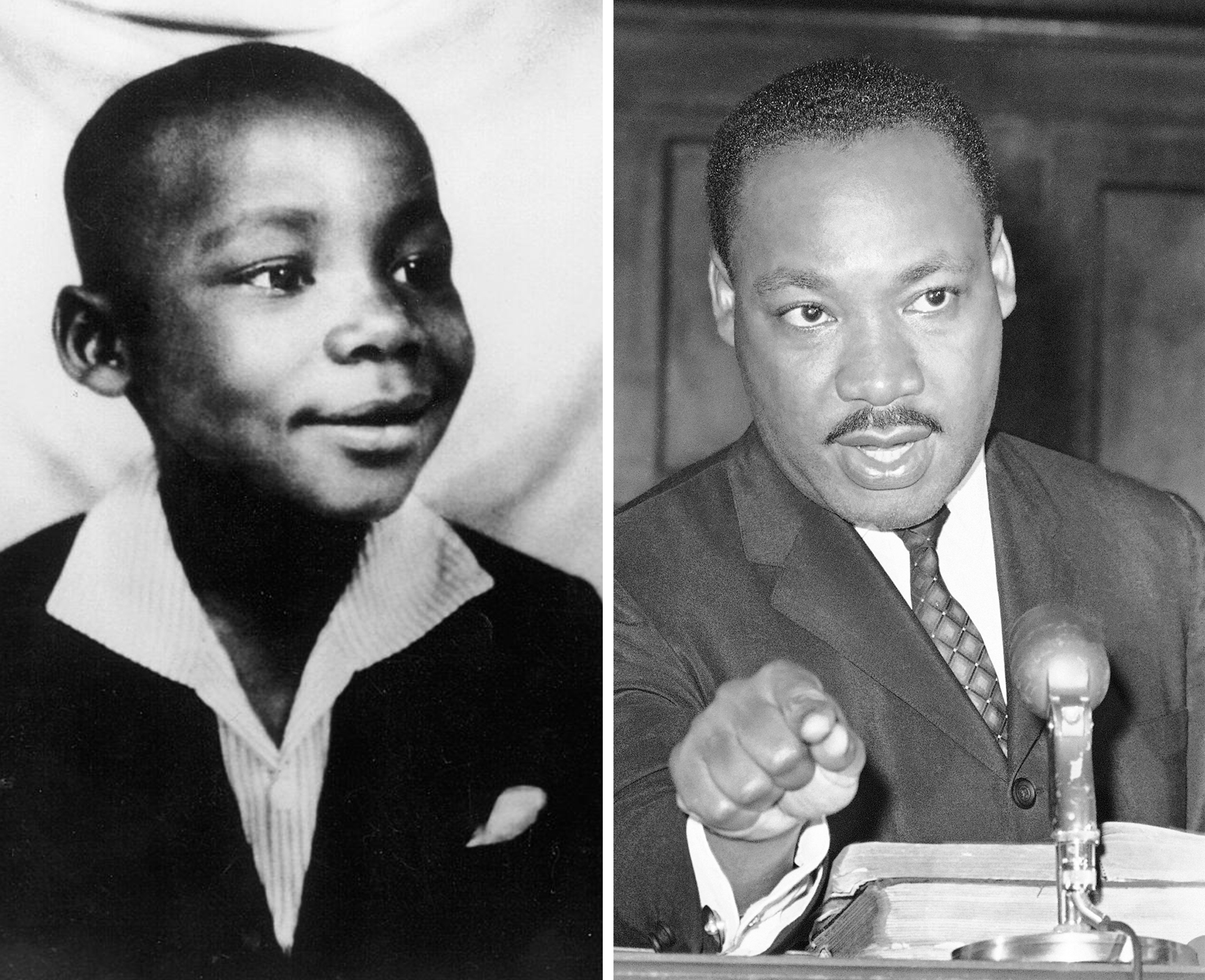
Martin Luther King Jr. was born on January 15, 1929, in Atlanta, Georgia, in the vibrant Sweet Auburn neighborhood. This area was a hub for African American culture and business during the early 20th century. The second child of Martin Luther King Sr., a Baptist minister, and Alberta Williams King, a former schoolteacher, King grew up in a household deeply rooted in faith and social justice.
As a gifted student, King excelled academically, attending Morehouse College at just 15 years old. Despite initially planning to pursue medicine or law, he was inspired by the theological teachings of Dr. Benjamin Mays and decided to join the ministry. This decision would set the stage for his pivotal role in advocating for civil rights.
What Did Martin Luther King Fight For?
Martin Luther King Jr. devoted his life to fighting racial inequality, poverty, and injustice. Through nonviolent resistance and peaceful protest, he became the face of the American civil rights movement. King’s efforts were instrumental in landmark events like the Montgomery Bus Boycott (1955–1956) and the March on Washington in 1963, where he delivered his iconic “I Have a Dream” speech.
King’s fight for civil rights extended beyond racial equality; he championed voting rights, economic justice, and peace. His leadership led to transformative legislation such as the Civil Rights Act of 1964 and the Voting Rights Act of 1965, which significantly dismantled institutionalized racism in the United States.
Key Achievements and Writings: The Martin Luther King Book Legacy
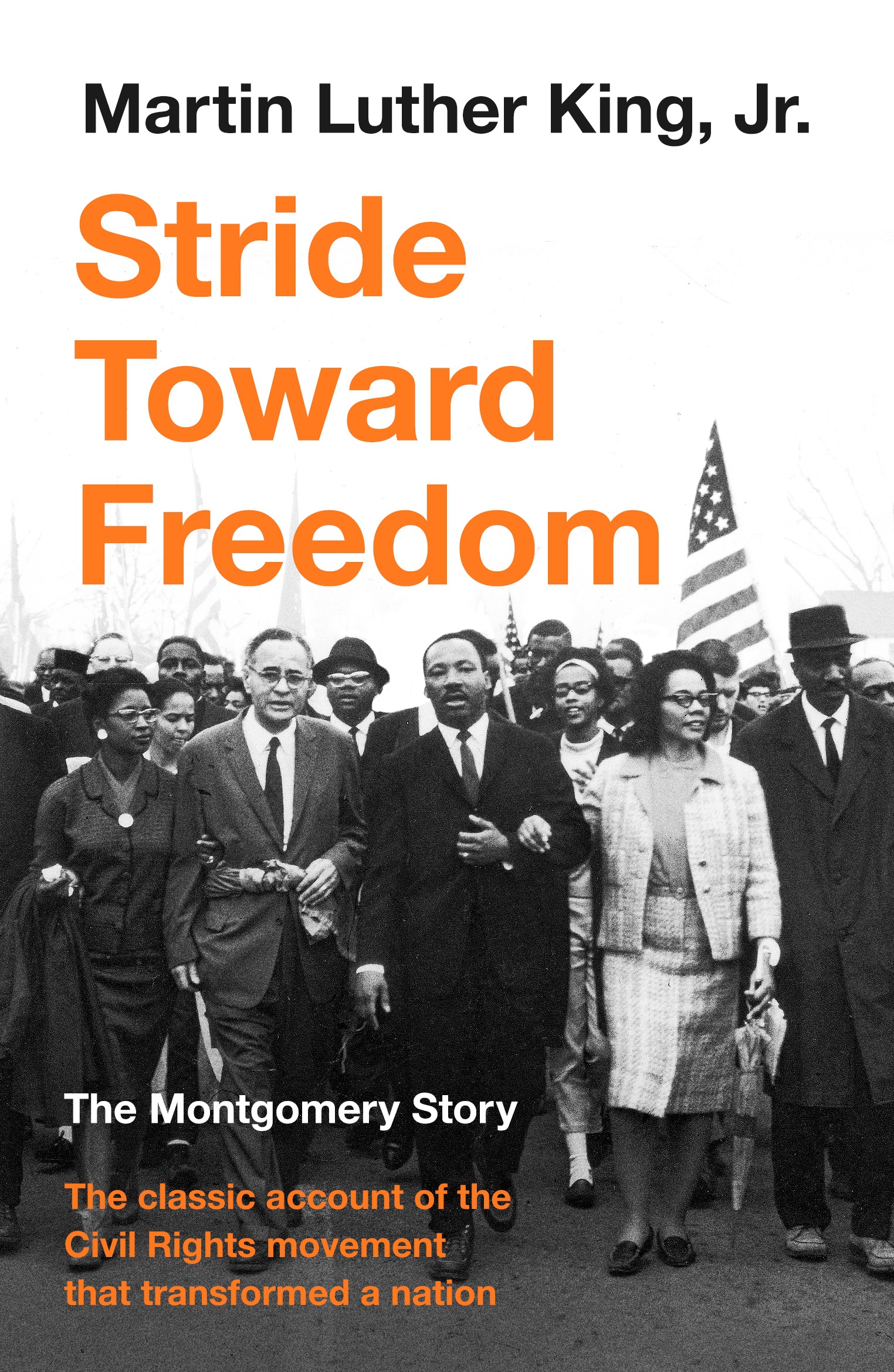
King was not just an orator and leader but also a prolific writer. His works, such as “Stride Toward Freedom” (1958), “Strength to Love” (1963), and “Why We Can’t Wait” (1964), provide profound insights into his philosophy of nonviolence and his vision for a just society. These books remain essential reading for anyone seeking to understand the moral and ethical foundations of his activism.
His “Letter from Birmingham Jail,” written in 1963, stands as a powerful defense of civil disobedience, articulating the urgency of addressing systemic injustice. These writings ensure that King’s ideals continue to inspire generations worldwide.
When Did Martin Luther King Die?
Martin Luther King Jr.’s life was tragically cut short on April 4, 1968. He was assassinated at the Lorraine Motel in Memphis, Tennessee, where he had traveled to support striking Black sanitation workers. The shocking event sent ripples across the nation, sparking grief, outrage, and widespread protests.
Although his death marked the end of his earthly journey, King’s legacy endures. His vision of a society where individuals are judged by the content of their character rather than the color of their skin remains a guiding principle for social justice movements.
The Legacy of Martin Luther King Jr.
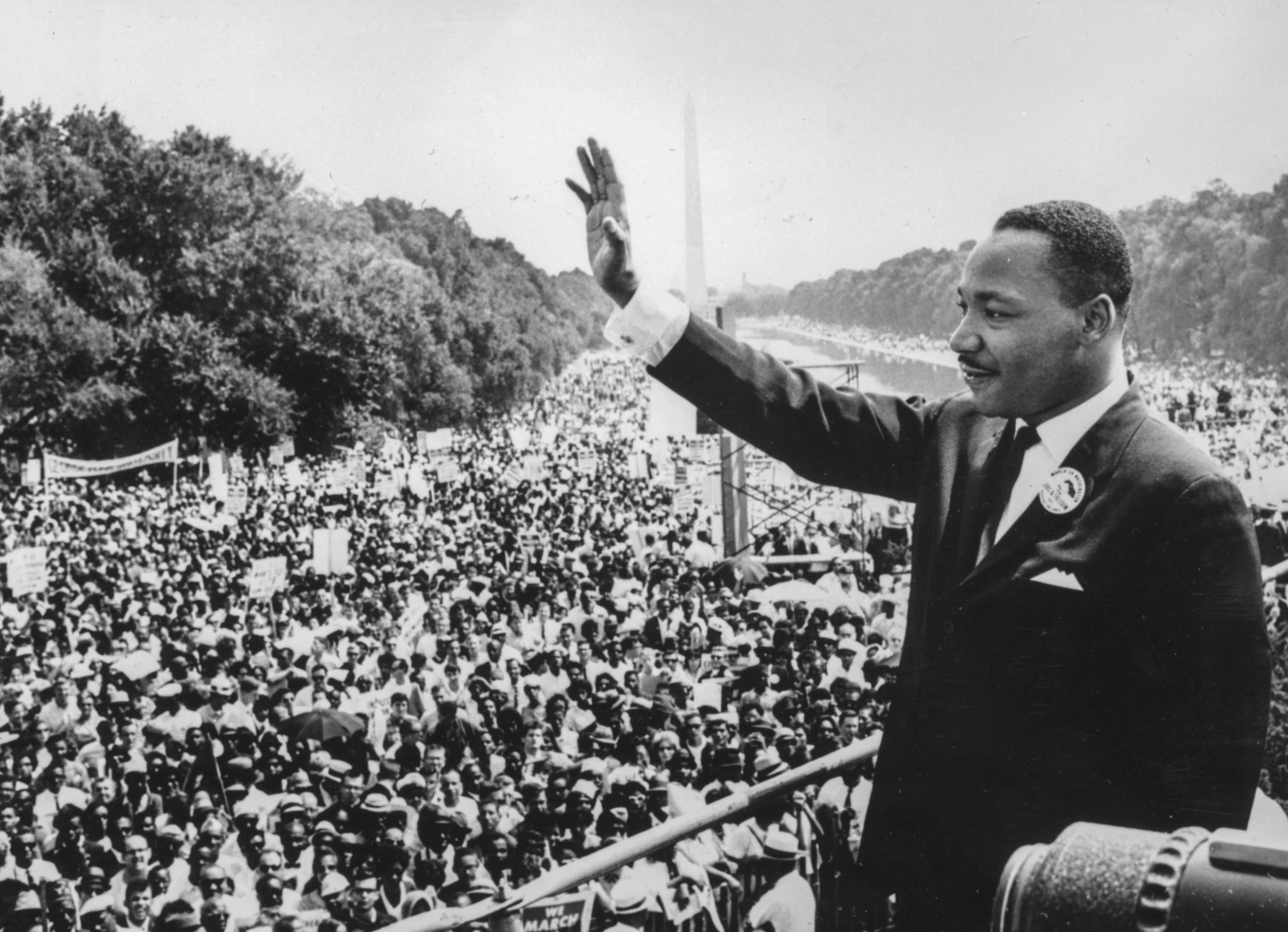
King’s contributions to the civil rights movement were monumental, but his influence extends far beyond his lifetime. MLK Day, established as a federal holiday in 1986, serves as a yearly reminder of his dedication to equality and justice.
The holiday encourages reflection and action, urging individuals to contribute to their communities and uphold the values King championed. His legacy continues to inspire global movements for equality, proving that his dream of a fair and inclusive society is timeless.
Why MLK Matters Today
In today’s world, the lessons of Martin Luther King Jr. are more relevant than ever. His emphasis on nonviolence, empathy, and perseverance offers valuable guidance for addressing modern challenges such as systemic racism, economic disparity, and political polarization.
As we approach MLK Day, it’s a fitting time to revisit his life’s work and teachings. Whether through reading a Martin Luther King book, learning about where he was born, understanding what he fought for, or reflecting on when he died, his legacy continues to resonate deeply.
Conclusion
Martin Luther King Jr. remains a beacon of hope and a symbol of resilience in the fight for justice and equality. Born in Atlanta and raised with a strong sense of purpose, he spent his life advocating for those marginalized by society. His peaceful protests and poignant writings transformed the social fabric of America, paving the way for progress.
As we honor his memory on MLK Day, let us strive to embody the principles he stood for and ensure that his dream lives on in our actions and aspirations.
Featured image: The Dr. Martin Luther King Jr. Estate
For the latest in fashion, lifestyle, and culture, follow us on Instagram @StyleRave_
—Read Also

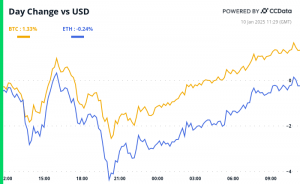


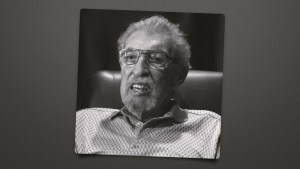









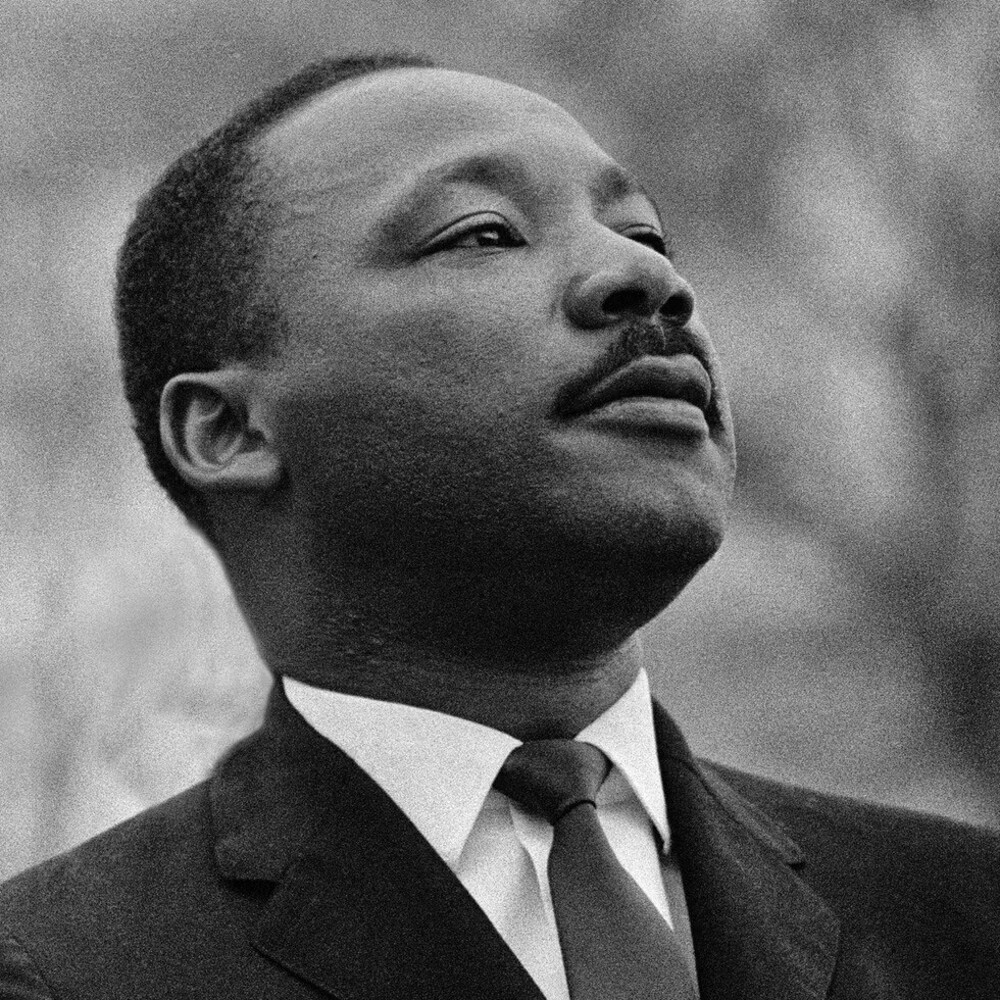
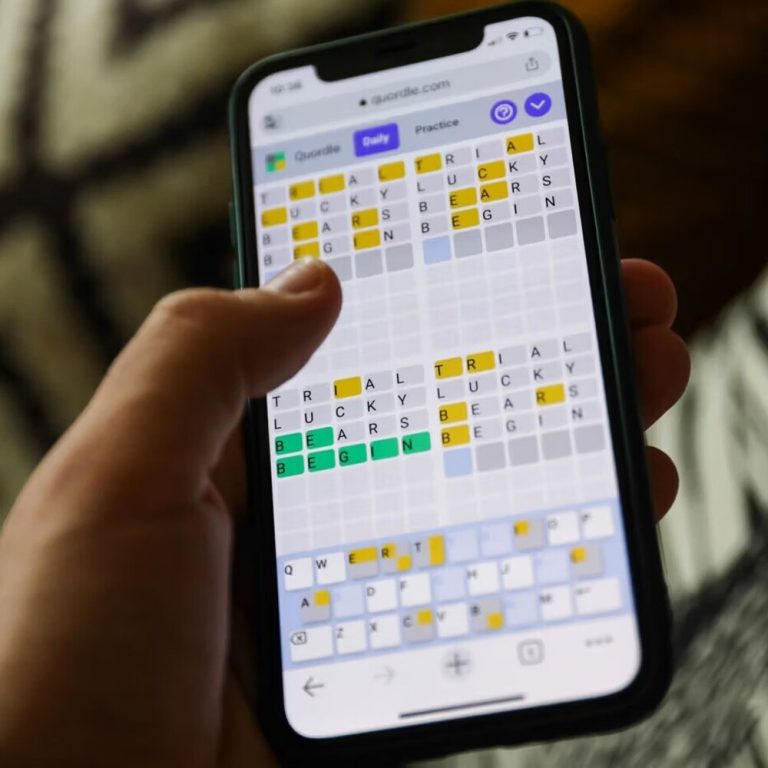



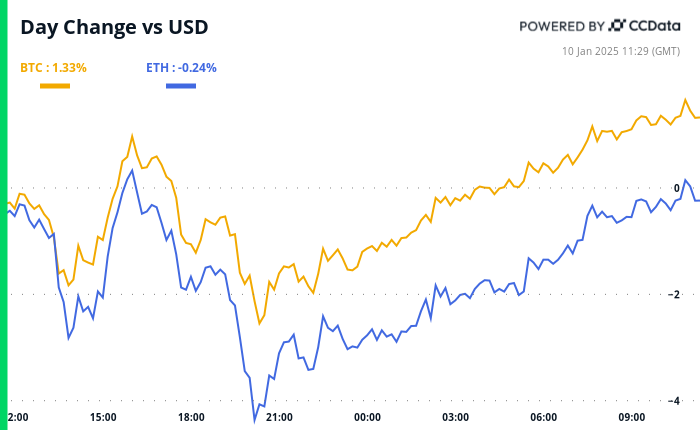




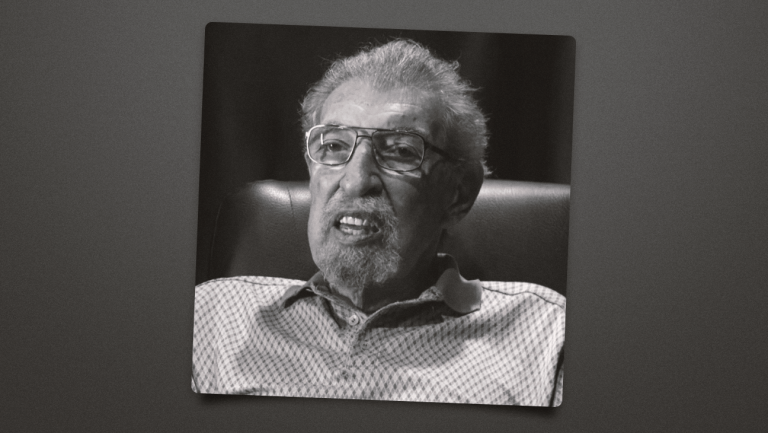



+ There are no comments
Add yours